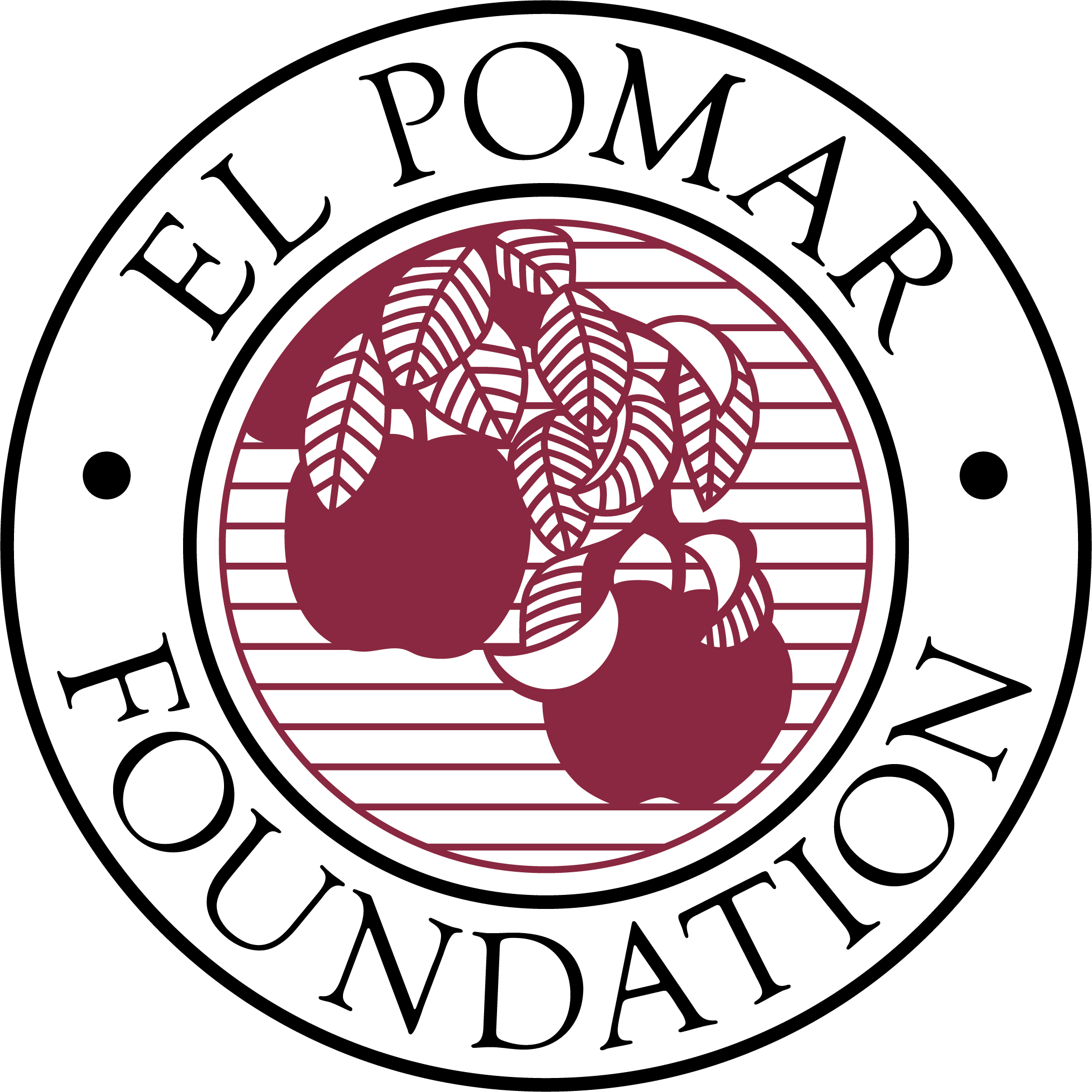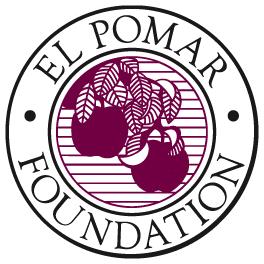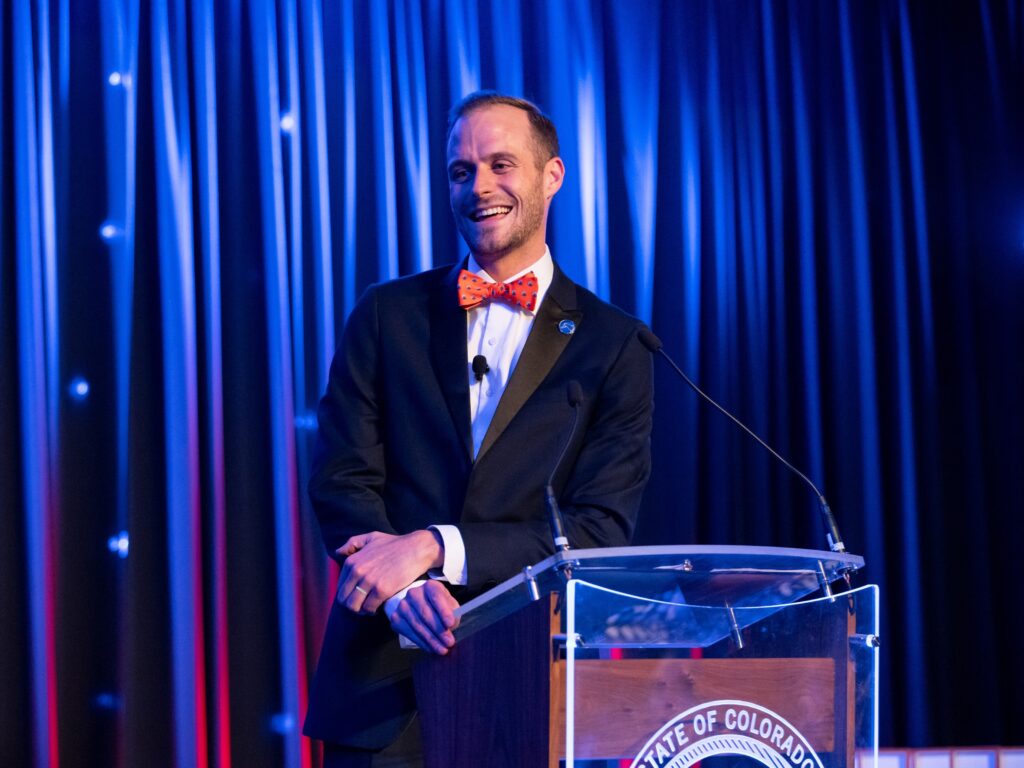When I reflect on the kind of leader I want to be, it can feel overwhelming with the number of choices and examples that exist. With that said, I recently met with Eric Hopfenbeck, a Fellowship Alumnus, and his leadership model stuck with me. He aims to be a tri-sector leader—someone who can create greater impact through experience in nonprofit, government, and private sectors. Eric believes effective leadership requires a deep understanding of how the world works and an appreciation for different ways of life.
His goal? To create a “win-win-win scenario where business is ethically operating, government is supporting business development, and everyone is contributing to the nonprofit space.”
By understanding these sectors and becoming a tri-sector leader, Eric hopes to gain the experience needed to address the challenges he sees in our world.
Eric Hopfenbeck came to the Fellowship in 2014 from the University of Puget Sound where he was an economics major and involved in many activities around campus. The Fellowship was an exciting next step as his older brother, Jeffrey Hopfenbeck, was in the Class of 2011. At El Pomar, Eric supported the Northwest and Metro Regional Councils and led Recruiting and Awards for Excellence. He learned essential soft skills like giving feedback and networking which helped develop strong relationships in the nonprofit sector around Colorado.
Through these connections, he met Ashley Buderus, who was leading CiviCO at the time, a Colorado leadership nonprofit whose aim is to inspire, develop, and activate diverse leaders who elevate our community. Eric joined the CiviCO team, first running the Governor’s Fellowship, where he says he became acquainted with the tri-sector leadership model. As he interacted with effective leaders around the state, he learned the value and benefit of incorporating perspectives from the business and private sectors into government work.
Very quickly into the job, Eric was catapulted into the Executive Director position at CiviCO which helped accelerate his career path, while also highlighting some gaps in his skillset which needed to be addressed.
“I started to think I didn’t have as much of the language and private sector experience to connect as effectively with the Board and I wanted more education to grow my operational skillset.”
This led him to get his MBA from the University of Michigan and dive headfirst into how the business world could create meaningful change and social impact. While at Michigan, Eric was quickly identified as a candidate for the consulting pathway. He joined Accenture as an intern and then accepted a full-time role upon graduation. Now, at Accenture, Eric works in strategy consulting helping executive leaders around the world diagnose and address problems within their organizations. He is skilled in recognizing the differences between a symptom and a problem, and getting to the root of the problems they are trying to solve. He believes the skills he has gained working in the private sector contribute well to his tri-sector leadership goals.
As Eric thinks about his leadership horizon, he wants to be connected to his surroundings in “values-based work.” The diverse background he has from the nonprofit, government, and the private sector give him a unique skillset to tackle difficult challenges surrounding his community and serves as a reminder we should all strive to diversify our experiences to become more effective leaders.
As I think about the many different paths available after the Fellowship, the tri-sector leadership model will be a framework I hold closely. However, becoming a tri-sector leader and creating meaningful change takes a growth mindset, experience, and time. My immediate goal is to focus on developing my knowledge and expertise in the nonprofit sector at El Pomar Foundation and embracing Eric’s last piece of advice.
“The best job you have is the job you have right now.”



